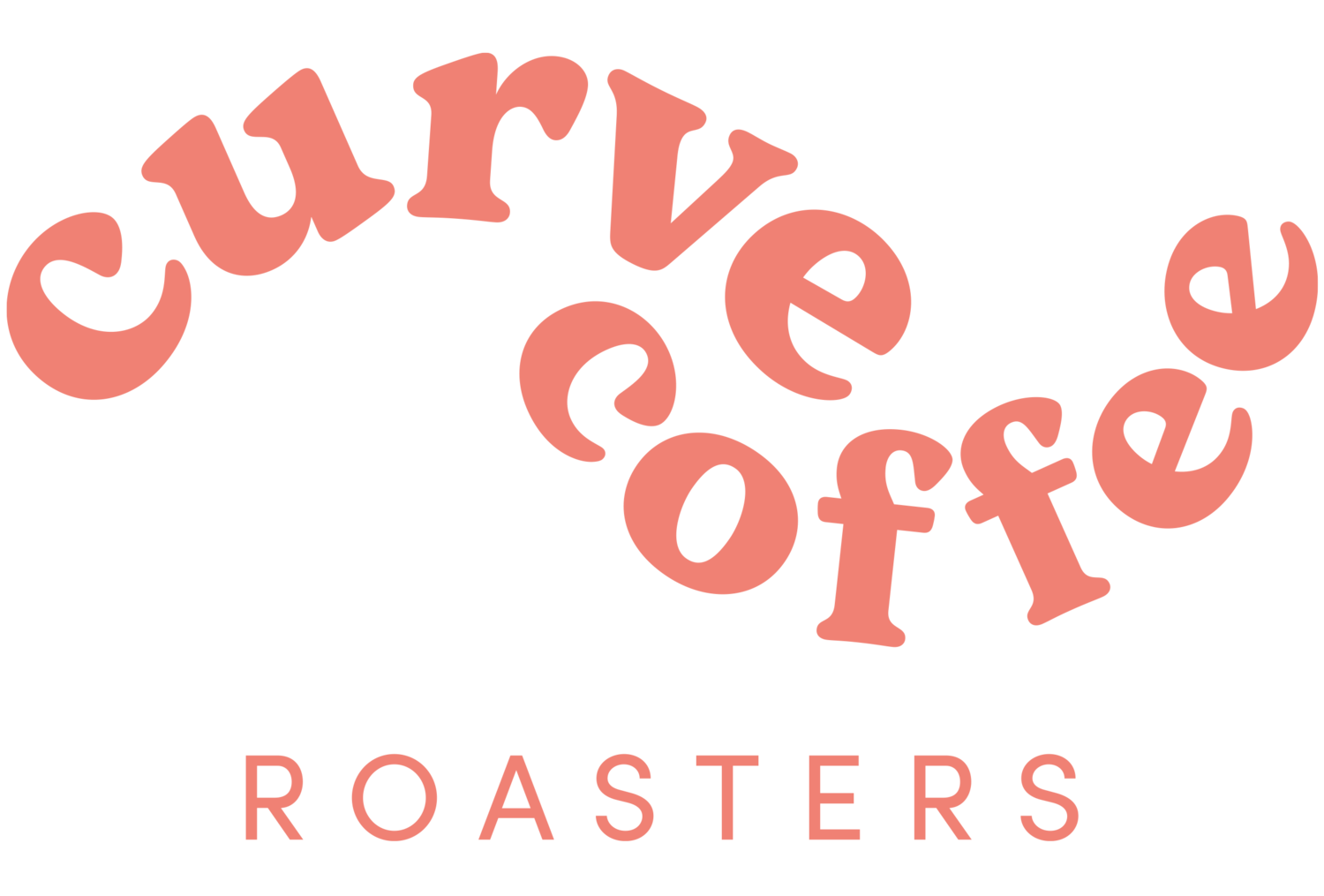Feature filter : Gititu AA | Kenya
Key Origin Info:
Producer: Small-holders farmers of the Kamacharia Cooperative Society
Processed at: Kagumoini Factory
Region: Nyeru
Altitude: 1750 masl
Variety: SL28 & SL34, Ruiru 11, Batian
Process: Washed | Hand-picked, de-pulped, fermented and washed, soaked in clean water and dried on raised beds
Exporter: Kamacharia Farmers Coop Society | Importer: Falcon Speciality
Cup profile: Juicy body, pink grapefruit & boiled sweets
More about Kagumoini from our importing partner Falcon Speciality:
The Kagumoini Washing Station, locally referred to as a factory, is situated in Muranga County and operates under the management of the Kamacharia Farmers Cooperative Society. The cooperative was established in 1993 following the merger of two previous cooperatives in the region. Currently, the washing station serves a community of 1,384 active members who bring their coffee cherries from small farms to the wetmill for processing.
The coffee from Kagumoini Washing Station undergoes a fully washed processing method, which involves the complete removal of the outer skin and pulp during the washing and depulping stages. After the cherries are pulped, they are placed in tanks for fermentation overnight. Subsequently, the coffee undergoes another soaking process before being carefully dried on raised beds.
The lot comprises various notable varietals, including SL28, SL34, Ruiru 11, and a small portion of Batian. The latter two varietals are recognized for their resilience against drought and diseases. The coffee plants thrive in deep, well-drained red volcanic soil, at an elevation of approximately 1750 meters above sea level.
As with all our Kenyan offerings, this lot has been sourced with the help of our key importing partner Falcon Speciality. Falcon's approach to sourcing in Kenya optimises purchasing through the traditional auction system with the help of a local representative and make the supply chain more efficient in the short term. The longer term goal is to work more directly with farmers associations and cooperatives and bypass the auction altogether, further improving traceability and value for producers as well as us as roasters.
A little bit of further insight into coffee sourcing in Kenya and its future from our importing partner Falcon Speciality
The vast majority of the coffee bought and sold in Kenya is traded through the national auction system, where marketing agents enter cooperatives' and estates’ coffee and traders come to bid. The main buyers from this auction system are large multinationals, who then offer the lots to importers and roasters. Unfortunately, this has been the only way to purchase Kenyan coffee for a long time and we’ve become frustrated with the lack of transparency, poor service and price volatility. In the last couple of years we have started buying directly from the auction using a local Kenyan company, who bid on the coffee on our behalf, after we have cupped through auction samples filtered by a local cupper. This was not only a conscious decision to support local, Kenyan businesses, but also to make the supply chain more efficient.





